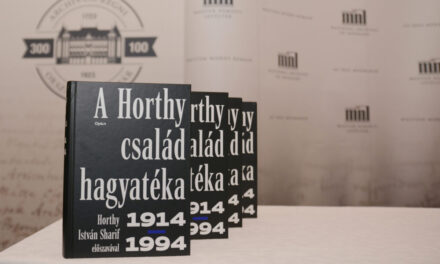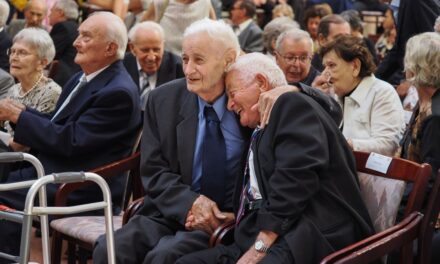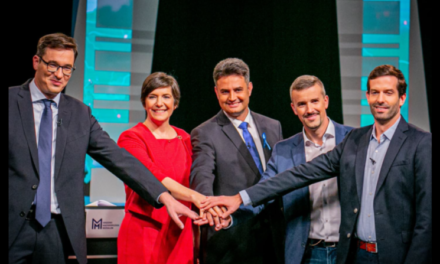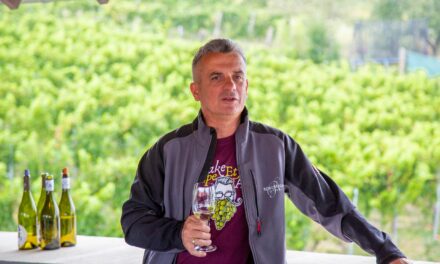There is a reason why we want to send a Hungarian into space again.
In addition to the implementation of research-scientific projects, the inspiration of young people is a priority task for the Hungarian astronaut program, but it is also a matter of great national pride for the country, stated the ministerial commissioner responsible for space research of the Ministry of Foreign Affairs and Trade (KKM) at a round table discussion in Nyíregyháza on Wednesday.
Orsolya Ferencz recalled in a discussion organized with the participation of research astronaut Tibor Kapu and reserve research astronaut Gyula Cserényi: thanks to the cooperation between KKM and the European Space Agency (ESA), Hungary was able to launch the national astronaut program of Hunor, within the framework of which Hungarian astronauts will be able to carry out national programs on the International Space Station.
The finalization of the exact scientific content is in progress, and an important role was played by the call that lasted for about one and a half years and closed at the end of last year, which received a lot of valuable scientific experimental proposals, and from which it will be possible to draw a lot when compiling the final project.
The ministerial commissioner said: ESA places special emphasis on communication with primary school children, so the Hungarian astronauts will have an important task of presenting them with their work and the space in which they will work.
Mentioning the example of Bertalan Farkas, Orsolya Ferencz emphasized that his space flight had an impact on generations and aroused the interest of many young people in the natural sciences. In the 21st century, these sciences are of enormous importance, and there is currently a shortage of applicants for these professions, and space navigation can arouse this interest in young people.
The commissioner drew the audience's attention to the fact that the mission of the astronauts does not end with the successful landing, in addition to further participation in research work, they become a kind of "ambassadors" of this field.
their task will be to share their experiences and experiences with as many people as possible using the tool of knowledge dissemination.
He touched on the fact that the UniSpace program was launched in collaboration with seventeen Hungarian universities, in which current affairs are taught not only in technical, natural or physiological-medical fields, but also in social sciences, law or security policy. Four more universities will join the program, and the training will continue in English due to international interest, he added.
At the discussion, Tibor Kapu and Gyula Cserényi gave a report to the audience about the process of selecting the astronauts, the processes and details of the training.
MTI
Cover image: Orsolya Ferencz, ministerial commissioner responsible for space research (b2), selected research astronaut Tibor Kapu (b3), reserve research astronaut Gyula Cserényi (j) and mathematician and physicist Tibor Poros, moderator of the discussion Hungary in the space sector - why are we going to space again?
at the podium discussion in Nyíregyháza on June 26, 2024. Source: MTI/Zsolt Czeglédi













